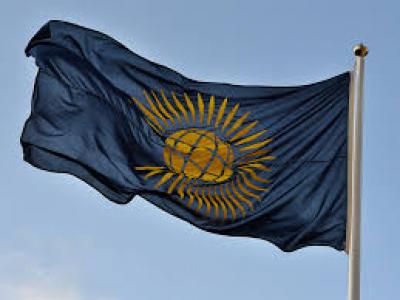Britain should secure trade agreements with former colonies ahead of Brexit, MPs argue. On Politico By Esther King
The U.K. should reject the customs union and embrace trade with Commonwealth countries post-Brexit, according to a report by the Free Enterprise Group of Tory lawmakers released Tuesday.
Brexit is an opportunity to return to the U.K.’s “free trading principles” and pursue an agenda of “independent, worldwide trade liberalization and tariff elimination,” according to the report, which is co-authored by Conservative MP James Cleverly and Royal Commonwealth Society policy director Tim Hewish.
The Free Enterprise Group also includes Brexit hardliners such as Andrea Leadsom, secretary of state for environment, food and rural affairs, and Conservative members of Parliament Priti Patel and Jacob Rees-Mogg.
Britain, the group’s report said, had neglected the Commonwealth in trading terms and should consider “the benefit of trading with nations that share a common language and culture.”
The Commonwealth’s share of global GDP overtook the EU’s in 2004 and the gap is set to grow post-Brexit, according to data cited in the report.
While trade with Commonwealth countries accounts for only 8 percent of U.K. exports, Britain is the largest export destination for Australia, Canada, India, New Zealand and South Africa. This provides a strong incentive for these countries to form trade deals with the U.K., the report argued.
Trade deals will have to go hand in hand with liberal visa reform for skilled migrants from the Commonwealth, the report added.
As a first step, the U.K. should secure free trade agreements with Australia, Canada, Singapore and New Zealand in time for Brexit, the report said. It also urged Britain to start negotiations with India and with African, Caribbean and Pacific countries to “mirror or better existing EU options.”
As the world’s second largest service economy, the U.K. should also join the Trade in Service Agreement (TiSA) initiated by the U.S. and Australia.
The Commonwealth market, which includes 2.3 billion people, is “too big an opportunity to ignore,” said Cleverly.
LSE professor and former Business Secretary Vince Cable has argued that Britain’s current ministers have not taken on board that the attempted EU-India agreement foundered not because of the rest of the EU but in substantial part because Britain rejected it.
| A Politico release | January 10, 2017 |




